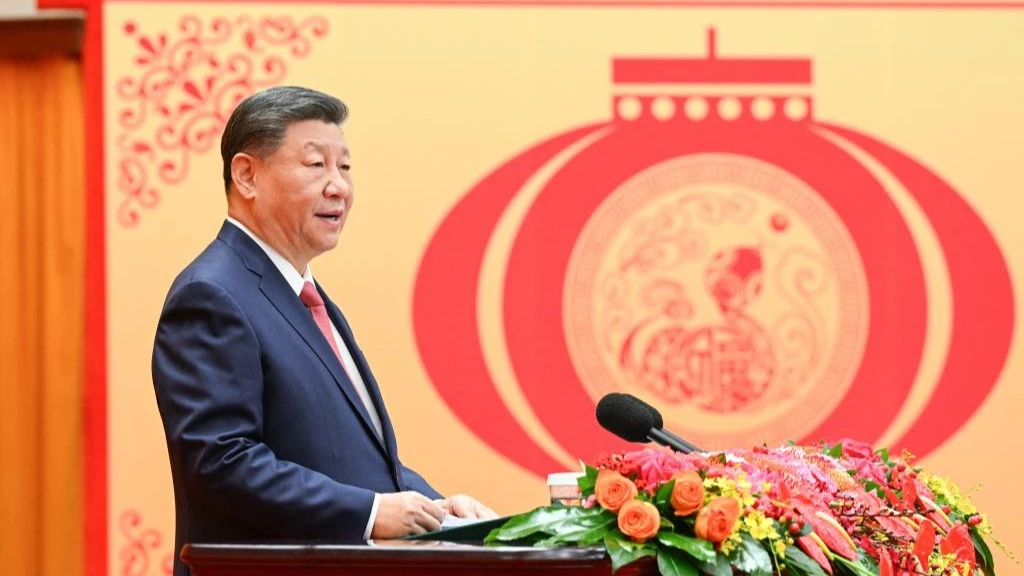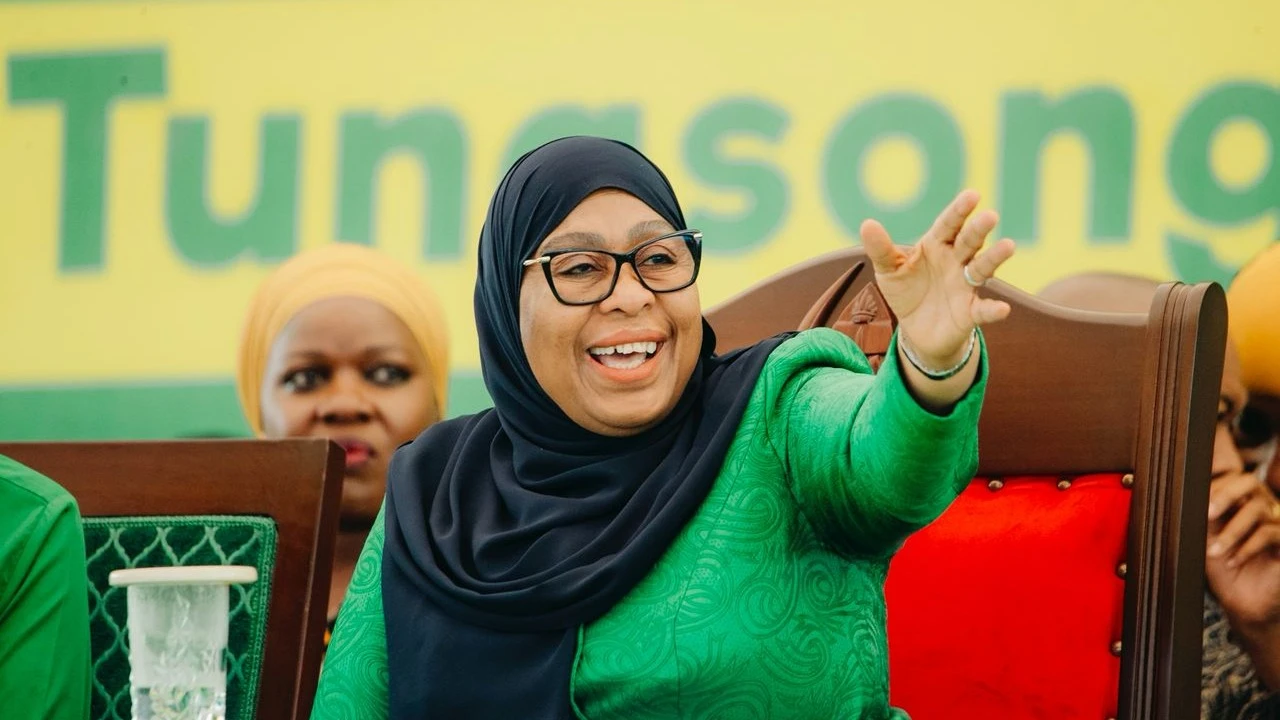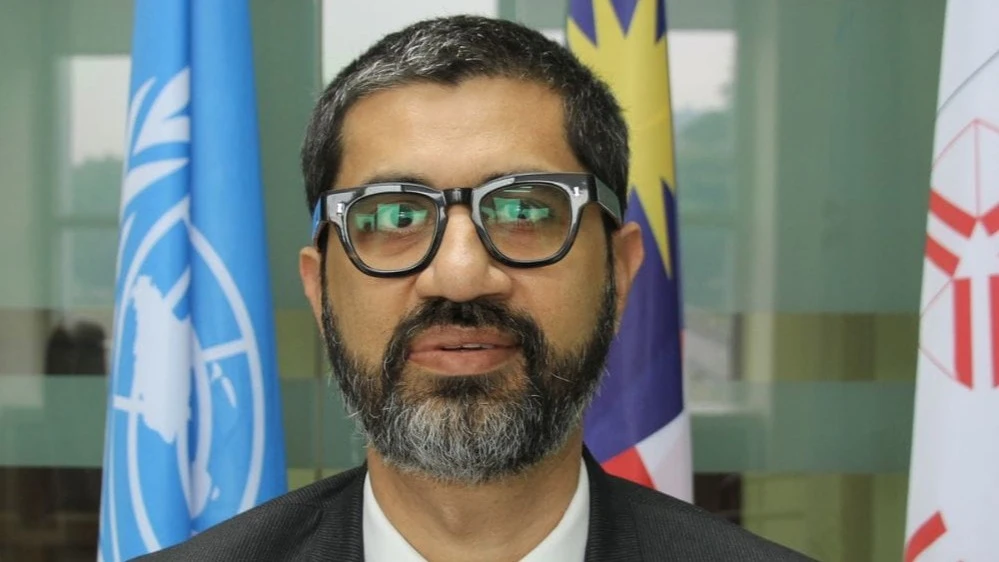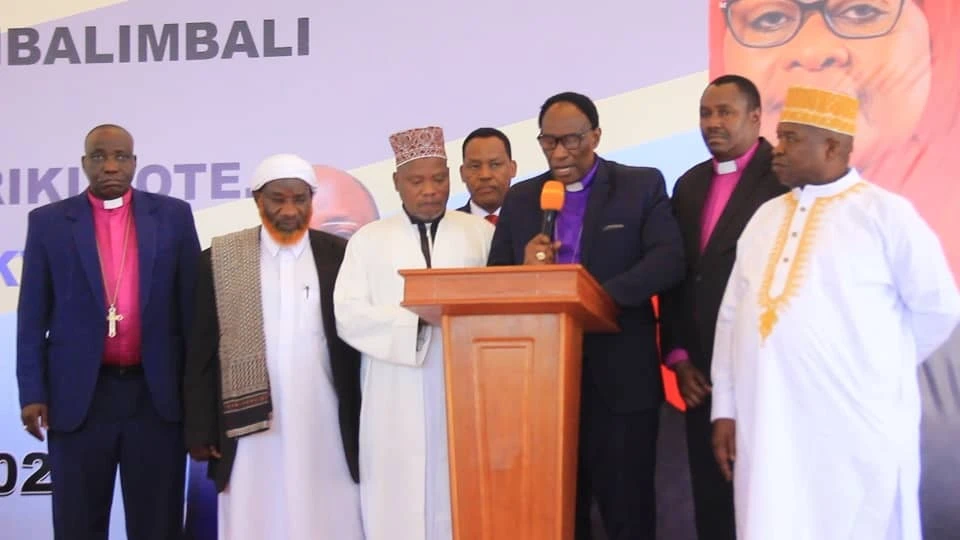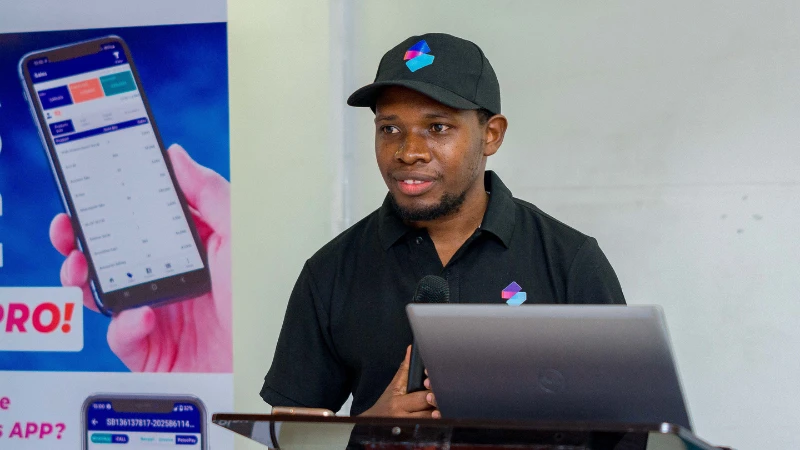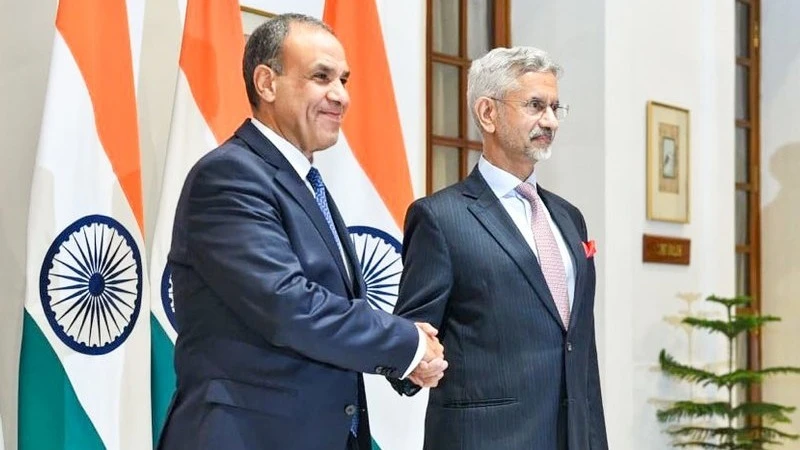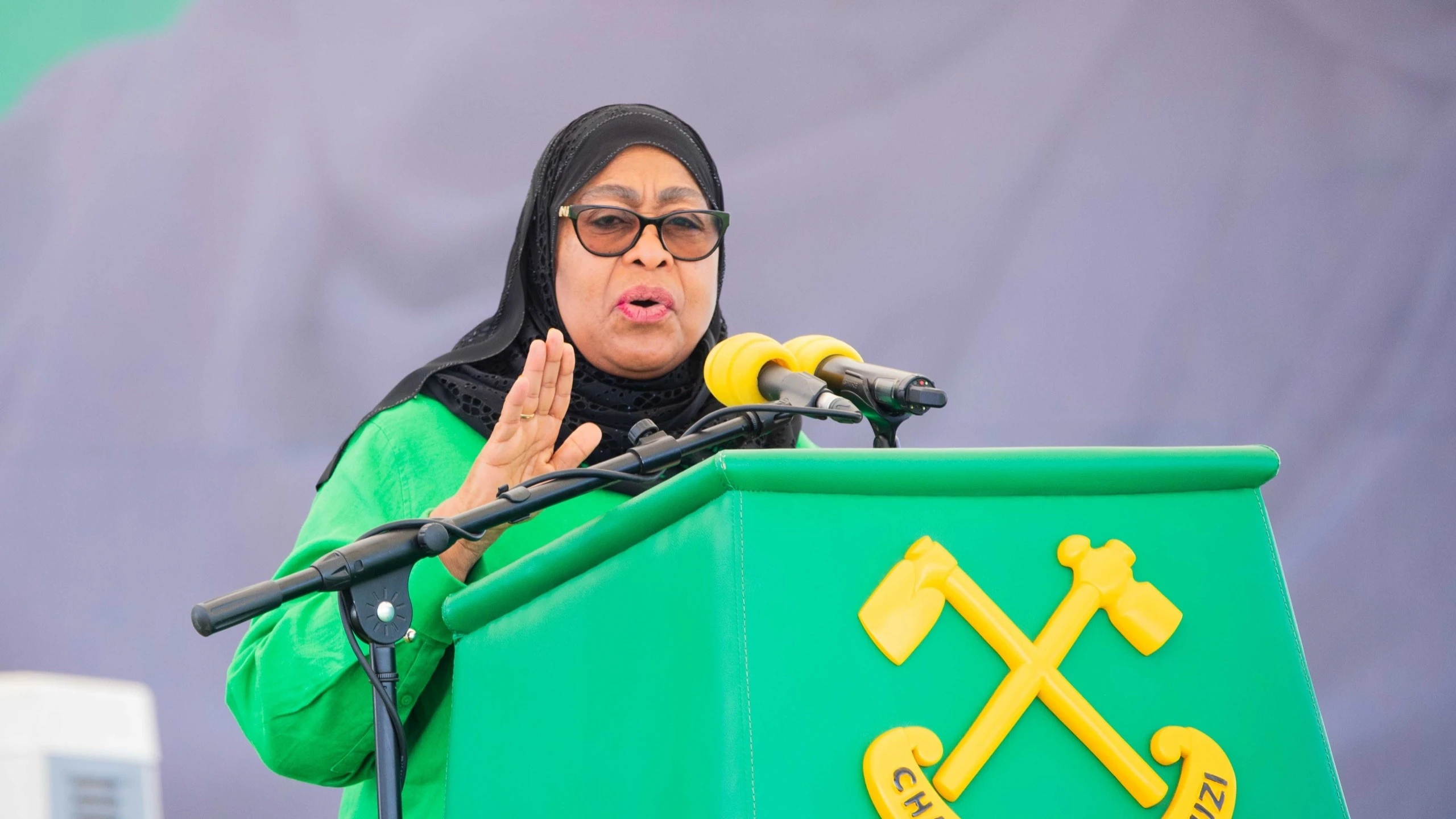Global Survey Reveals Major Cuts to Maternal and Adolescent Health Programmes
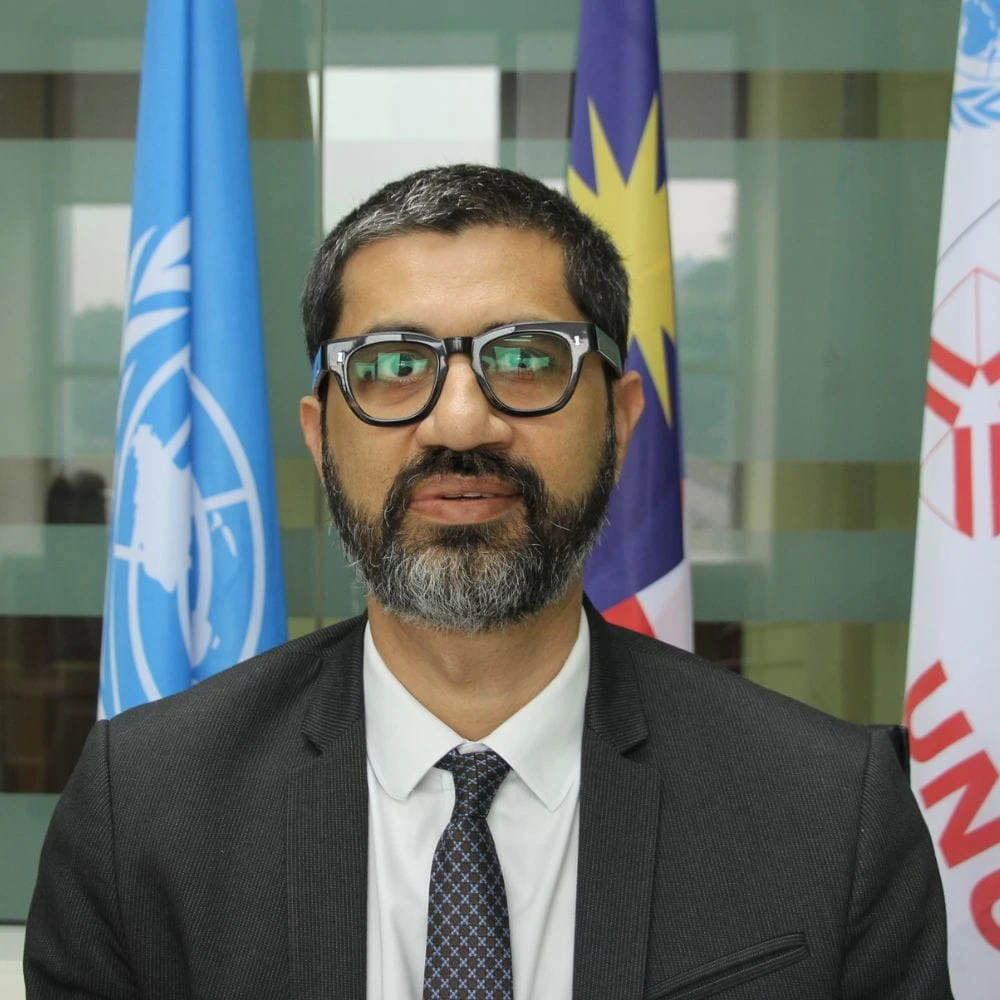
A new global survey by the Partnership for Maternal, Newborn and Child Health (PMNCH) has revealed alarming disruptions in funding for programmes supporting women’s, children’s, and adolescents’ health and rights. The study warns that financial shortfalls are forcing frontline organisations to cut back vital services, putting millions at risk.
PMNCH Executive Director Rajat Khosla described the situation as “not just a financial crisis—but a human one,” stressing that dwindling support is reversing hard-won gains in global health. “As funding dries up, frontline organisations are being forced to scale back or suspend services that millions depend on,” he said.
The survey, conducted among more than 100 partner organisations in over 20 countries across Africa, Latin America, and South-East Asia, shows that 89 percent of respondents experienced reduced or uncertain funding in the past year. More than 60 percent have downsized or suspended programmes, while nearly one in five permanently closed initiatives.
Programmes targeting maternal care, adolescent health, and sexual and reproductive health and rights (SRHR) have been among the hardest hit. Respondents described halted mobile clinics, cancelled training, and widespread layoffs. “Training halted. Staff laid off overnight. Months of trust-building set back in a day,” one organisation reported.
The impact is particularly severe on sexual and reproductive health services, which face both financial and sociopolitical challenges. Many respondents cited growing “pushback” against SRHR advocacy and education, alongside donor fatigue. “Our in-school adolescent health programme has been suspended due to lack of government commitment to sustain funding,” one group said.
Health workforce development has also been crippled by funding cuts. Midwifery and nursing associations in several countries reported closing training programmes and reducing staff. “Quality improvement and system strengthening at hospitals have been affected through reduction in available funding,” said one respondent, warning of long-term consequences for health systems.
Many organisations highlighted a troubling shift toward short-term, outcome-based projects, replacing long-term community engagement. “Donor funding has shifted away from sustained, community-based programmes to shorter-term initiatives,” said one partner. Others warned that such approaches erode trust and undermine local ownership of health solutions.
Youth-focused initiatives have also been disrupted, with reduced engagement and loss of safe spaces for adolescent health education. “This disruption has limited opportunities for young people to shape healthier policies, even though their voices are central to future progress,” said one youth advocate.
Despite the setbacks, PMNCH partners have identified strategies for resilience. Their priorities include access to flexible funding, capacity-building support, and stronger joint advocacy efforts. “Partners are calling for solidarity, not charity,” said Helen Clark, Board Chair at PMNCH. “They know what works. What they need are the resources and political space to keep doing it.”
PMNCH has urged donors, policymakers, and global leaders to protect and expand financing for women’s, children’s, and adolescents’ health. “Hold the line on WCAH,” Mr. Khosla appealed. “Every delay, every funding cut, risks reversing years of progress. Sustained investment is essential to ensure no woman, child, or adolescent is left behind.”
Top Headlines
© 2025 IPPMEDIA.COM. ALL RIGHTS RESERVED








